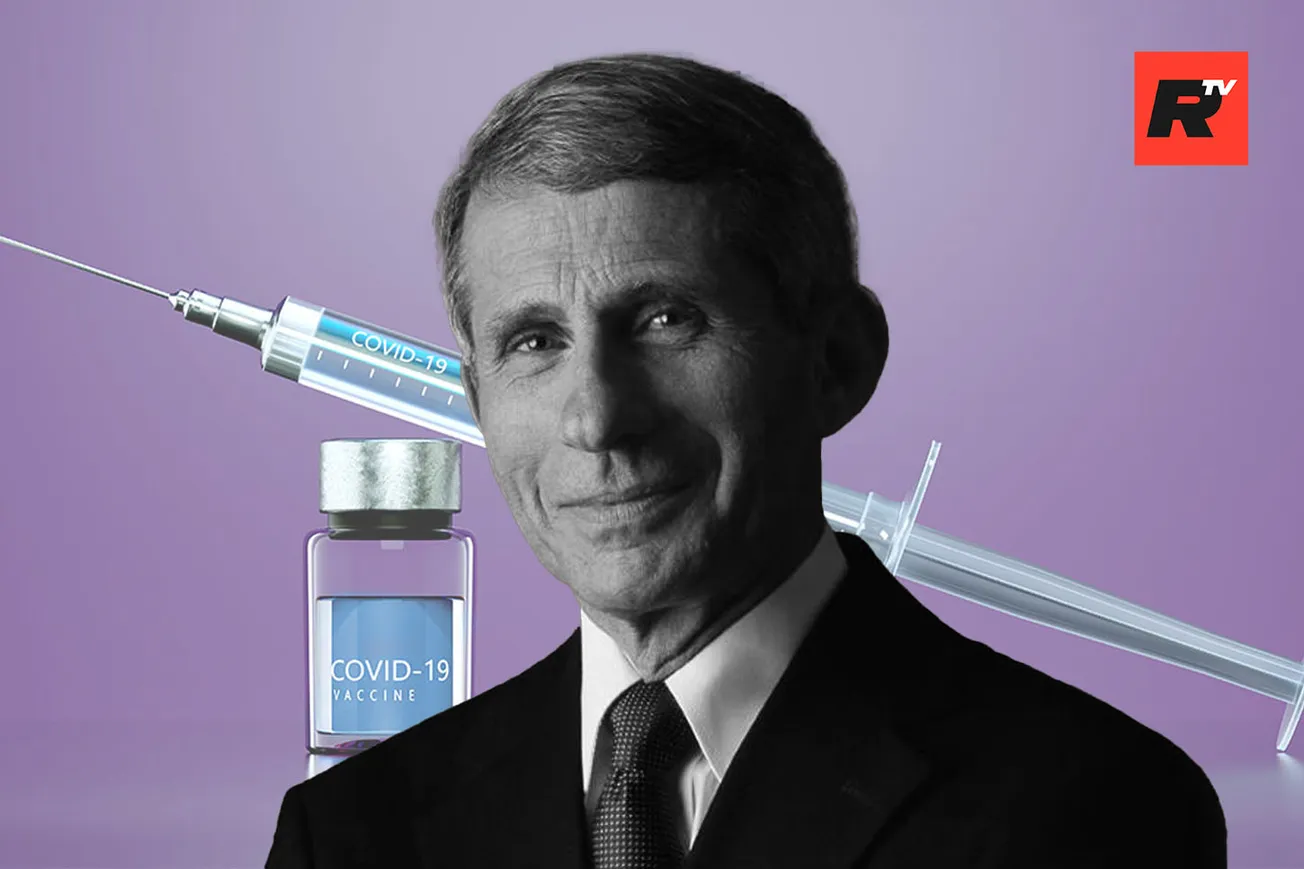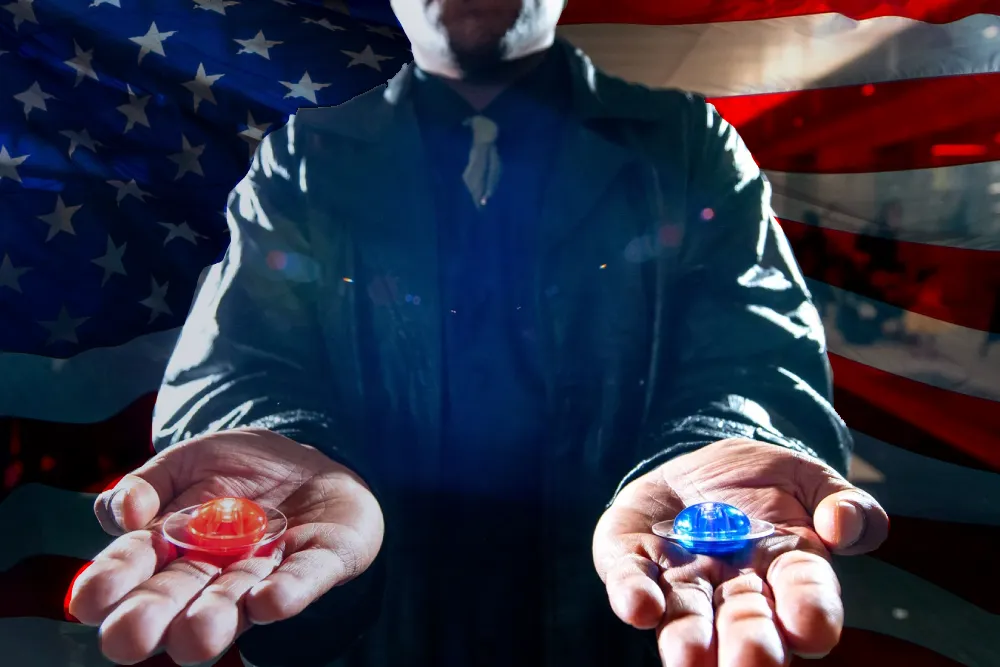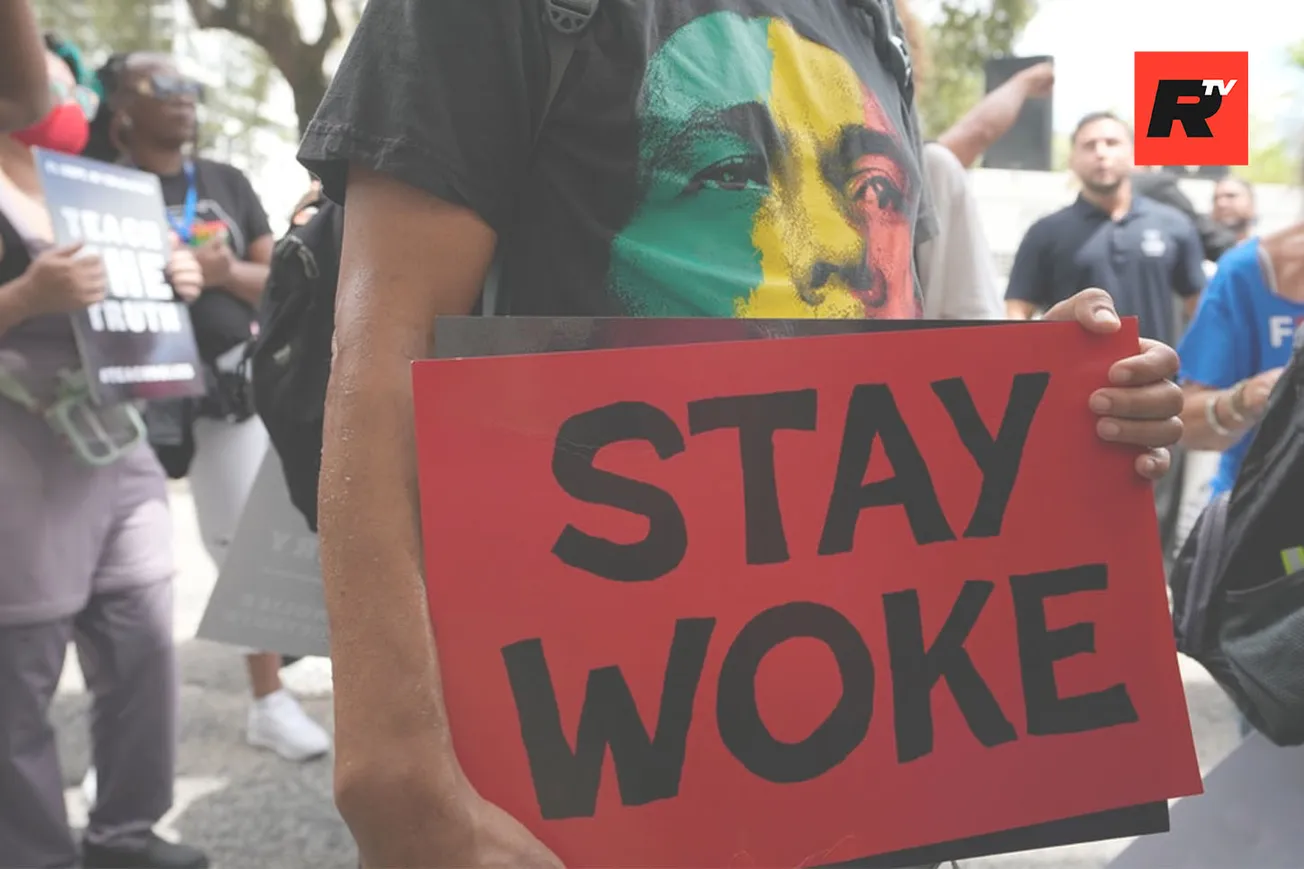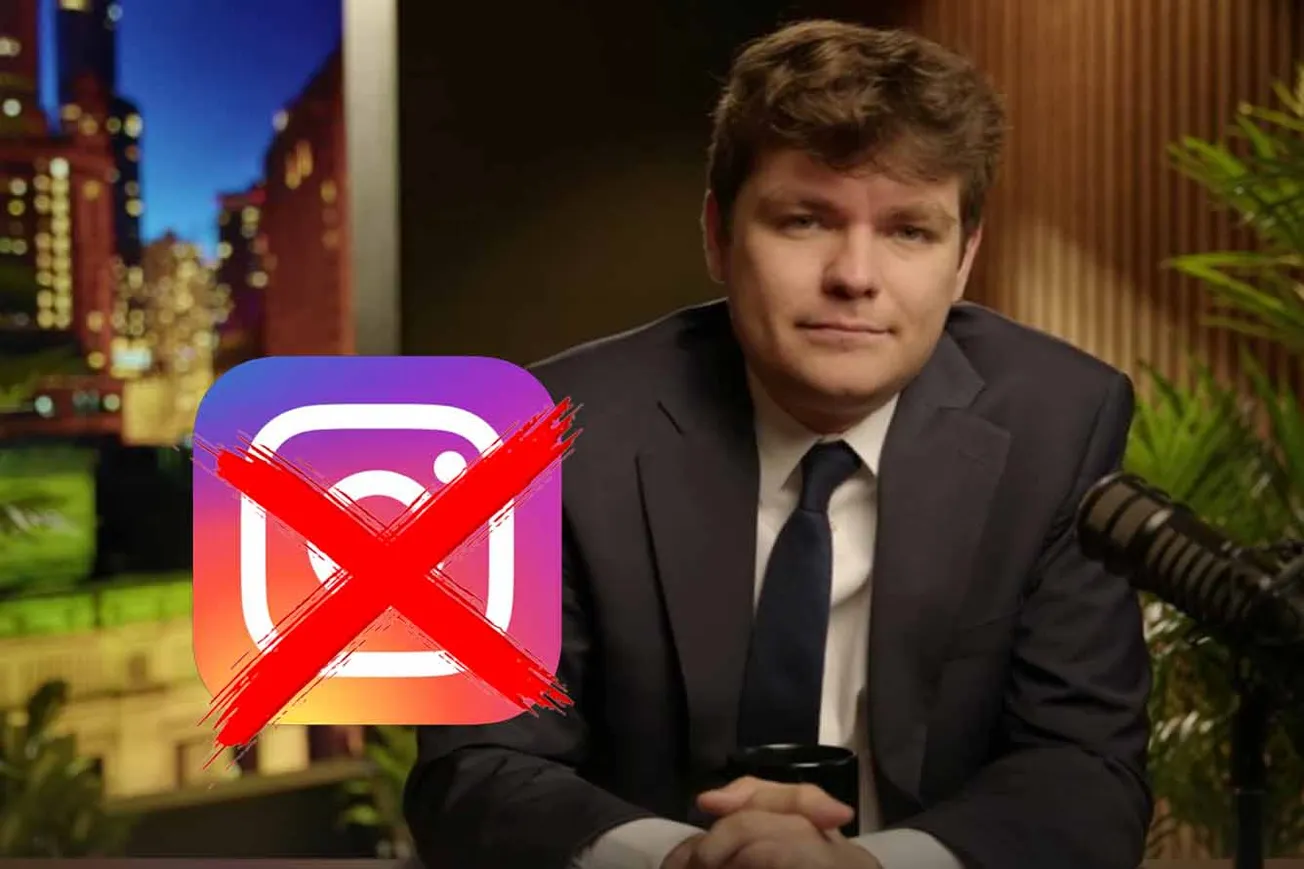Table of Contents
From December 2020 till April 2022, roughly 14% of American adults "definitely [did] not" want to be vaccinated with the COVID-19 vaccine, even if it were FDA approved and free.
Vaccine hesitancy is a big topic among the scientific community and the mainstream media. Some Americans try to see through the veil and understand what's truly behind the mandates, the vaccines, the control and the barrage of (mis)information. Others call these critical thinkers “conspiracy theorists”, and label any legitimate concern as a “conspiracy”. So, to settle on the vaccine conspiracy: What is up with all this name calling?
Is the Vaccine a Conspiracy?
No, vaccines themselves are not a conspiracy, but people who raise concerns about vaccine safety are often dismissed, labeled, or ridiculed as “conspirational”. Those who question pharmaceutical companies, government mandates, or media narratives are quickly branded as “conspiracy theorists”. This kind of labeling belittles citizens’ concerns, and makes it difficult for people to share their worries without fear of being shunned.
Many people blindly accept the mainstream narrative that vaccines are universally safe and effective, and treat them as miracle cures. But when people with an ounce of critical thinking share their doubts, the media and government seize them and call them extreme. America should allow its citizens to scrutinize what’s going on in their own country—we call ourselves “the land of the free” for a reason. But no; unfortunately, skepticism is mistaken for radicalism, and barricades are promptly put in place to stop any kind of dissent.

So, what exactly are these so-called “conspiracies” (read: legitimate concerns)? Let’s examine a few historical and current events that have shaped public skepticism around vaccines and the COVID-19 vaccine.
Vaccine Conspiracy Explained: Why Do People Think Vaccines Are a Conspiracy?
Some people fear vaccines because they believe they are tools for government control, cause long-term health issues, or are motivated more by corporate profit than public health. These concerns are not “conspiracies” and they didn’t come out of nowhere. While some are misreadings or misunderstandings that became viral, most concerns stem from scientific studies or real historical events that eroded public trust.
1) The Spanish Flu and Early Vaccines
The 1918 Spanish Flu pandemic, which killed an estimated 50 million people globally, often informs vaccine “conspiracies”. This avian flu is sometimes erroneously linked to vaccine deaths, but it was the virus—not the vaccine—that caused most deaths. What’s interesting is that Spanish Flu vaccines were ineffective because they targeted bacteria instead of the virus. Vaccines at the time were experimental, rudimentary, and poorly understood. They didn’t work very well.
This is a lesson from history that reminds us that the knowledge and technology of today is incomparable to that of tomorrow’s. What is accepted as best practice now could be discredited in the future: medicine and science are not infallible. The Spanish Flu fluke should remind governments that citizens who are apprehensive about forced and frenzied inoculation are cautious, not ignorant.
2) The 1976 Swine Flu Fiasco
The Swine Flu Fiasco is another event that eroded public trust and led to today’s vaccine “conspiracies”. In 1976, the U.S. rushed to vaccinate Americans against a new strain of swine flu. Even then-President Gerald Ford got vaccinated!

But the outcomes of this frenzied vaccination scheme were disturbing. Some time after inoculation, the vaccine was linked to increased cases of Guillain–Barré Syndrome. This rare disorder weakens the muscles and creates breathing difficulties, as well as heart and blood pressure problems. Suddenly, the program stopped, and as expected, people lost faith in public health officials in a way that can't be fixed.
After an incident such as this, who would be so callous as to belittle critics concerned with government overreach and the questionable testing of vaccines?
3) MMR Vaccine and Autism
The most infamous vaccine controversy came in 1998 when Dr. Andrew Wakefield published a study that linked the MMR (measles, mumps, rubella) vaccine to autism. This study was later retracted and discredited, since it was found to have used falsified data and operate under ethical violations. Parents were incredibly concerned for their children, fear spread rapidly, and vaccination rates dropped drastically.

Today, the scientific consensus is that there is no link between vaccines and autism, but the bigger picture reveals that the scientific community cannot always be trusted. This incident keeps raising questions about transparency, conflicts of interest, and the integrity and rigor of scientific institutions.
What Are the Conspiracy Theories About the COVID Vaccine?
The instability surrounding the COVID-19 vaccine sparked many “conspiracies”, such as the vaccine’s impact on DNA, its misuse as a tool for government control, lack of transparency regarding health safety, and pharmaceutical companies’ vested interests.
The COVID-19 vaccine has become one of, if not “the”, most controversial public health campaigns in history. When people around the globe were manifesting their disagreement with COVID mandates and their serious doubts about inoculation, the mainstream media misconstrued these concerns and labeled them all as “conspiracy theories”. Let’s take a look at the legitimate scientific, political, or ethical questions that the mainstream worked so hard to tarnish.
1) COVID-19 Vaccines Alter Our DNA
One of the most popularly labeled “conspiracy” theory is the concern that the COVID vaccine, since it contains RNA, could alter human DNA. Public health agencies claim mRNA cannot alter DNA, but authorities and researchers like Rudolf Jaenisch and Richard Young, from the MIT, are among those who remain skeptical about the vaccine. Jeanisch and Young’s study suggests that fragments of the COVID virus could integrate into human chromosomes under certain conditions. Jaenisch stated, “We now have unambiguous evidence that coronavirus sequences can integrate into the genome.”
New study solidifies the fact that Covid reverse trabscibes into human DNA similar to HIV causing persistent infection: pic.twitter.com/FY83mXnxg3
— Chris Turnbull (@EnemyInAState) March 5, 2023
Yet, this idea was heavily criticized and downplayed by mainstream voices. One microbiologist from the University of Virginia even called for the deletion of the study from preprint archives because it could lower trust in vaccines. This reaction seems like suppression of “inconvenient” science.
2) The Vaccine Is a Tool for Control
While some “conspirators” believe the vaccine ingredients are designed to physically control individuals (more on this later), others focus on how mandates and lockdowns restrict personal freedom. Vaccine passports, job requirements, and exclusions from services—not to mention the authoritarian lockdowns—felt like incredibly coercive control measures. Even if the alleged intention of these policies was for public safety, it can’t be denied that the government’s overreach on bodily autonomy painted a freakish and dystopian picture. To skeptics, COVID itself, the pandemic response, and the vaccine looked less like a health campaign and more like a rehearsal for expanded global governance.
3) Vaccines Are Unsafe and Harm the Immune System
When the vaccines first started rolling out (suspiciously soon after the pandemic’s outbreak), those who issued warnings about the vaccine’s safety were called something akin to heretics by those who saw the vaccine as a miracle cure.
The race for the prick had many ignoring the healthcare professionals and independent researchers who were issuing warnings over increased reports of myocarditis, blood clotting issues, and even rapid-onset cancers after vaccination (you should watch Died Suddenly for more explanations). The mainstream outlets made sure to keep these claims as either unproven or controversial. If anything, the lack of transparency, testing, and the censoring of dissenting voices fueled strong suspicion.

4) “Big Pharma” Profiting from Public Investment
Pfizer, Moderna, and other pharmaceutical giants saw record profits during the pandemic. A SOMO report revealed that over $90 billion in profits were made in 2021 and 2022—much of it thanks to public funding. Allegedly, Pfizer first tried to pitch their medicine to the U.S. government at up to $100 per dose. Pfizer had sold a measly 1.3% of its supply to Covax, the international body set up to try to ensure fairer access to vaccines. And to add more fuel to the fire, they also restricted their sales to poor countries and denied sharing licenses or patents for these countries to make their own vaccines.

Tom Frieden, a former director of the US Centers for Disease Control and Prevention, accused the firm of “war profiteering”. There is no doubt that Big Pharma made the most of an overblown medical crisis to fatten their wallets.
Why Do People Think the COVID Vaccine Is a Bill Gates Conspiracy?
Many people have put Bill Gates at the center of several vaccine-related theories because of his frightening vaccine predictions, his involvement in funding vaccine research, and the possibility of Microsoft creating vaccine microchips to facilitate population control.
1) Bill Gates raises concerns about the vaccine side-effects:
In one video, Gates predicted that "If we have one in 10,000 side-effects, that's way more… 700,000 people who will suffer from that." Indeed, blood problems, myocarditis, and pregnancy complications are some of the known side-effects today. People are right to call out the vaccine push as accelerated and forced, especially considering how little was done by health officials to avoid these serious side effect from affecting vaccinated people. Many question Gates’ role in vaccine investigation, they wonder why the vaccines were still approved despite his alarming warning.
2) Covid-19 vaccines will implant microchips into people:
Another vaccine “conspiracy” theory protagonised by Bill Gates was the prediction that Microsoft would create a microchip through which large corporations could control vaccinated people. Gates was funding research into technology that could store information about whether someone has had a particular vaccine or not. According to scientists involved in his project, his vaccine research was limited only to safety, and not to implanting microchips or tracking people.

Vaccine supporters ridiculed skeptics for weighing the possibility of the microchip. Regardless of what shape or form it takes, it can’t be disputed that a digital tracking technology such as this reinforces the restriction of opportunity and freedom. And Bill Gates probably has the power to do it, if he pleases.
To sum up, vaccines are not a conspiracy in and of themselves, but it is neither fair nor helpful to say that all doubt is based on nothing but paranoia, and it's bad for the American public to shrug off any evidence as a vaccine conspiracy. The sad irony of all this is that while the media and the blue-pilled people brand skeptics as “conspiracy theorists,” many of them are simply asking questions in the name of American public safety and interest.









